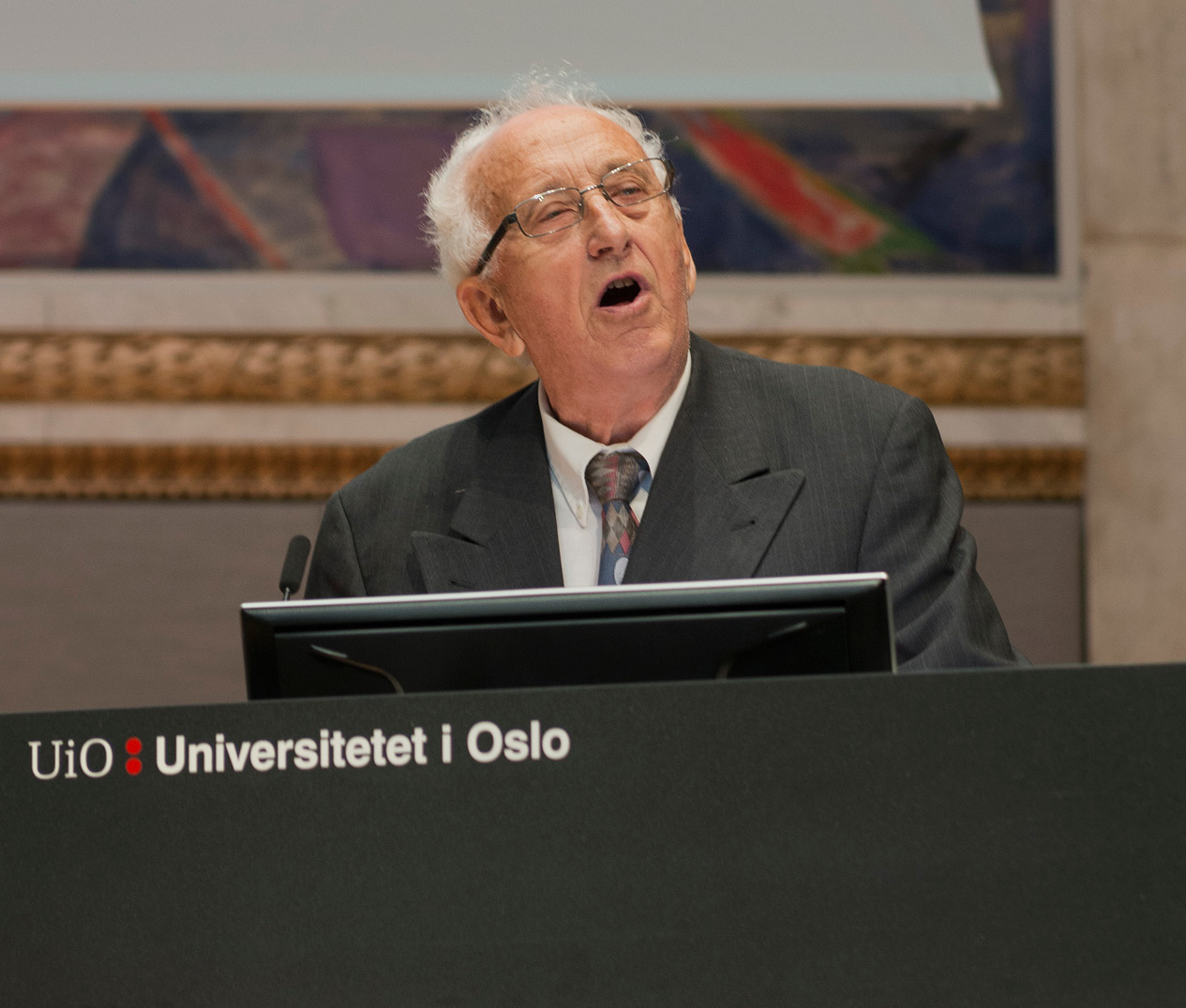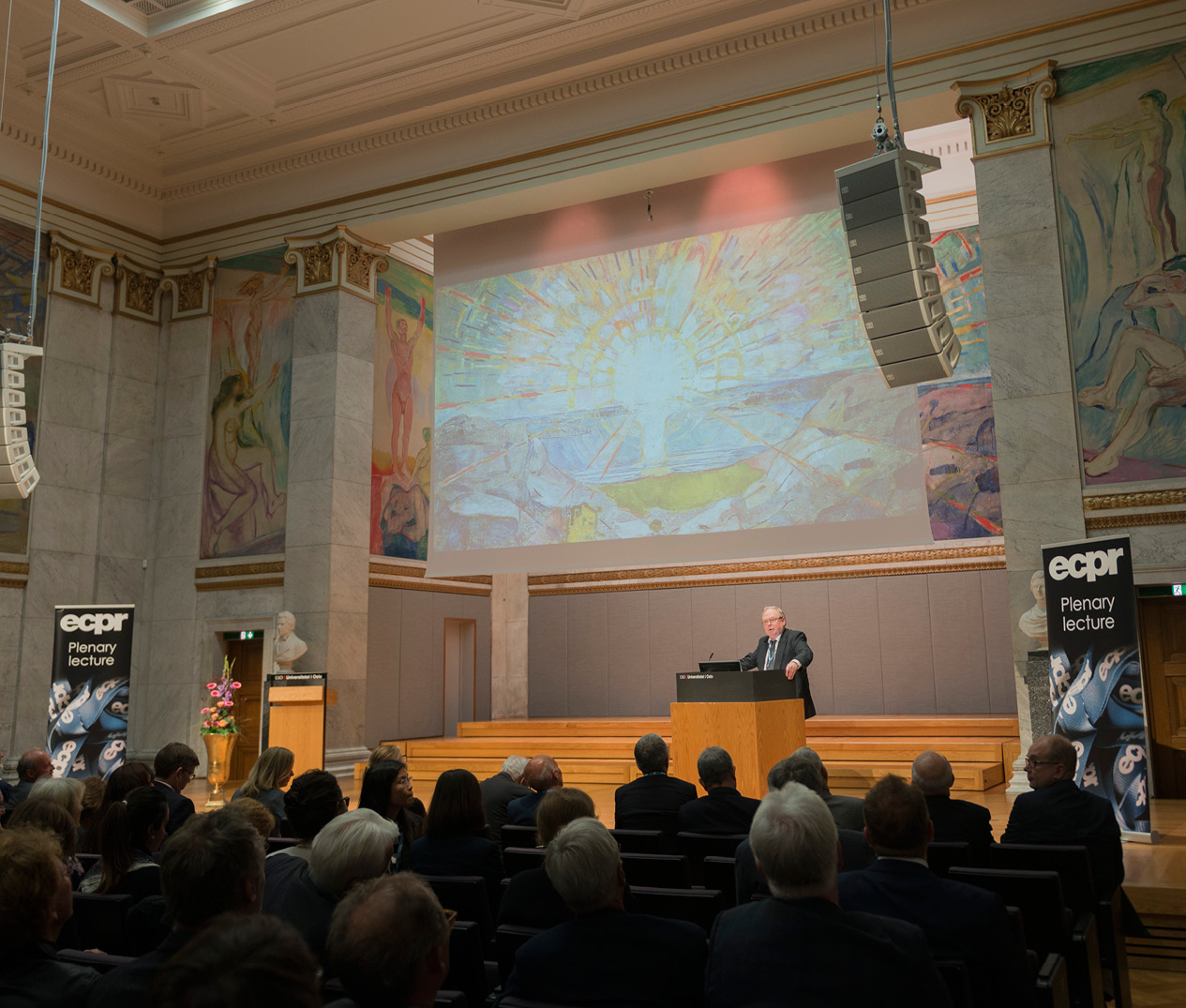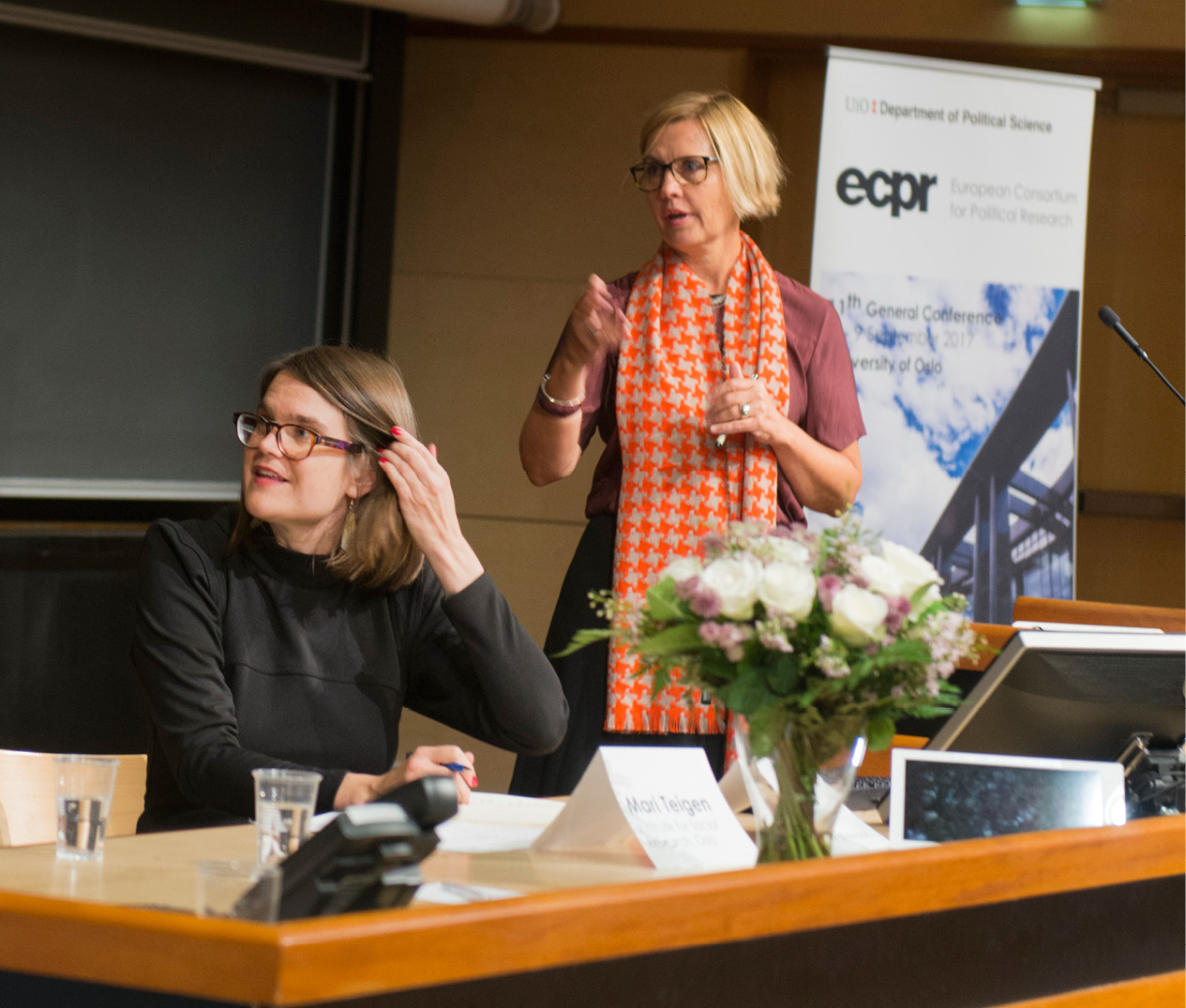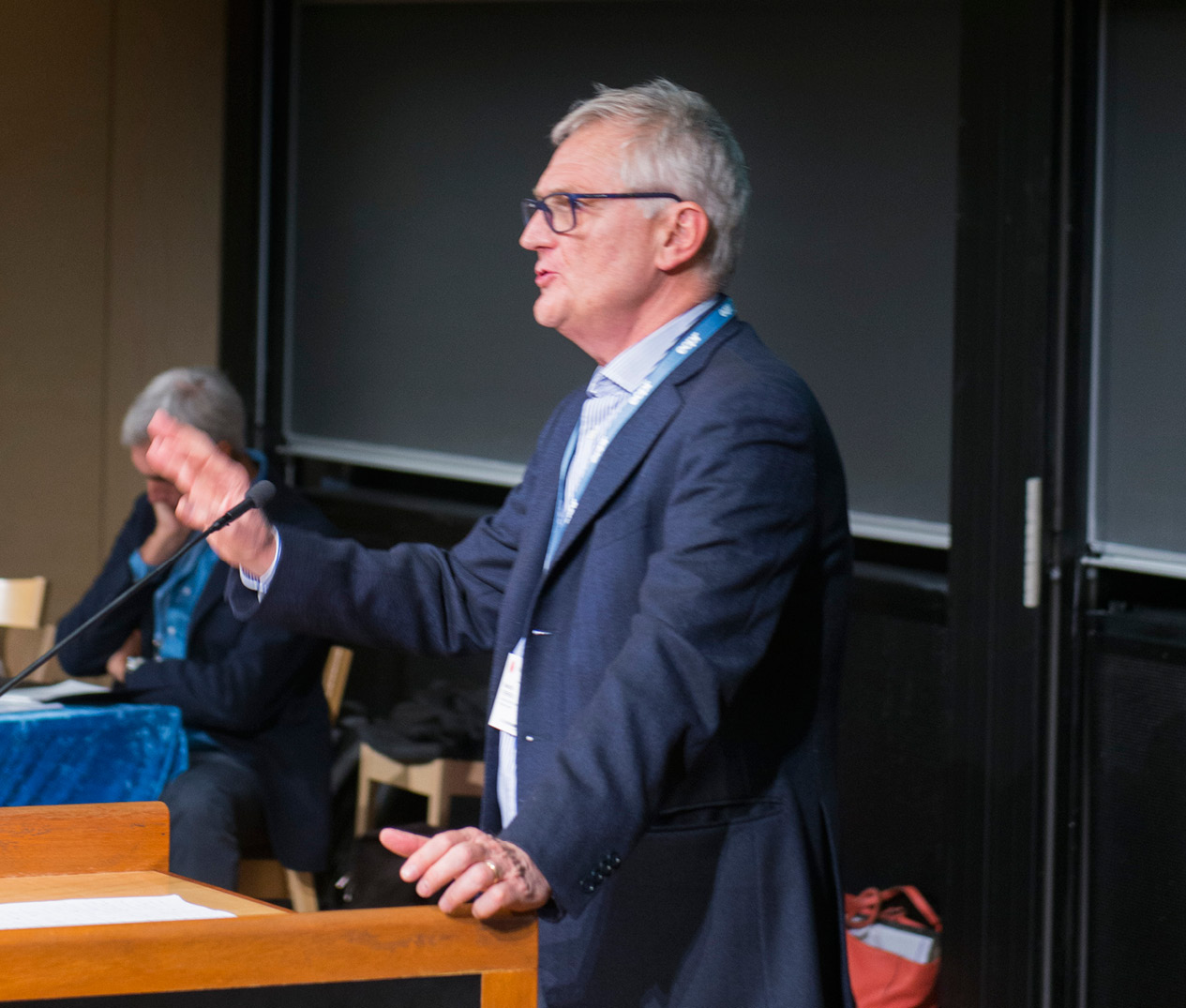Install this application on your home screen for quick and easy access when you’re on the go.
Just tap then “Add to Home Screen”
 Many of you will have joined us for last week's General Conference, but for those of you who couldn't make it to Oslo, we've uploaded two Roundtables, along with the Welcome Address and Plenary Lecture, to our YouTube channel
Many of you will have joined us for last week's General Conference, but for those of you who couldn't make it to Oslo, we've uploaded two Roundtables, along with the Welcome Address and Plenary Lecture, to our YouTube channel
Speaker Johan P Olsen University of Oslo
Ongoing transformations of the political organisation of Europe, where both the nation-state and the European Union are challenged, make it possible to explore phenomena that are difficult to see in more stable periods. The upsurge of accountability-demands, where political leaders are required to explain and justify what they are doing and not doing, is one such phenomenon.
Assuming stable principal-agent relations may give insight into the routines of institutional accountability. But it is not enough to analyse how accountability processes contribute to routinised maintenance of an established order within relatively stable, simple, and well-known situations. We need to understand accountability in eras of institutional confusion and contestation and in dynamic, complex, and unknown situations.
 First, variations in the relations between democratic accountability and political association, organisation, and agency are endogenous to democratic politics and government.
First, variations in the relations between democratic accountability and political association, organisation, and agency are endogenous to democratic politics and government. This Roundtable takes stock of contradictory tendencies in gender+ equality norm and policy development in crisis times. Among other things, it looks at core meanings of equality, research insights from IR and comparative politics, patterns of resistance and backlash to gender+ equality, and ways of mapping, analysing and theorising opposition.
This Roundtable takes stock of contradictory tendencies in gender+ equality norm and policy development in crisis times. Among other things, it looks at core meanings of equality, research insights from IR and comparative politics, patterns of resistance and backlash to gender+ equality, and ways of mapping, analysing and theorising opposition.
Mari Teigen Institute for Social Research, Oslo
Johanna Kantola University of Helsinki
Anne Phillips LSE
Phillip Ayoub Drexel University
Mona Lena Krook Rugters NJ
Mieke Verloo Radboud Nijmegen
 Roundtable – The Future of European Welfare States
Roundtable – The Future of European Welfare StatesAlthough the crisis in European welfare states following the 2008 financial meltdown was a consequence of the financial crisis, it became progressively portrayed as its cause. This Roundtable looks at how European welfare states responded to austerity measures, and whether they can survive the continuing economic fallout.
Kees van Kersbergen Aarhus University
Marius Busemeyer University of Konstanz
Maurizio Ferrera University of Milan
Silja Häusermann University of Zurich
Anton Hemerijck Vrije Universiteit Amsterdam